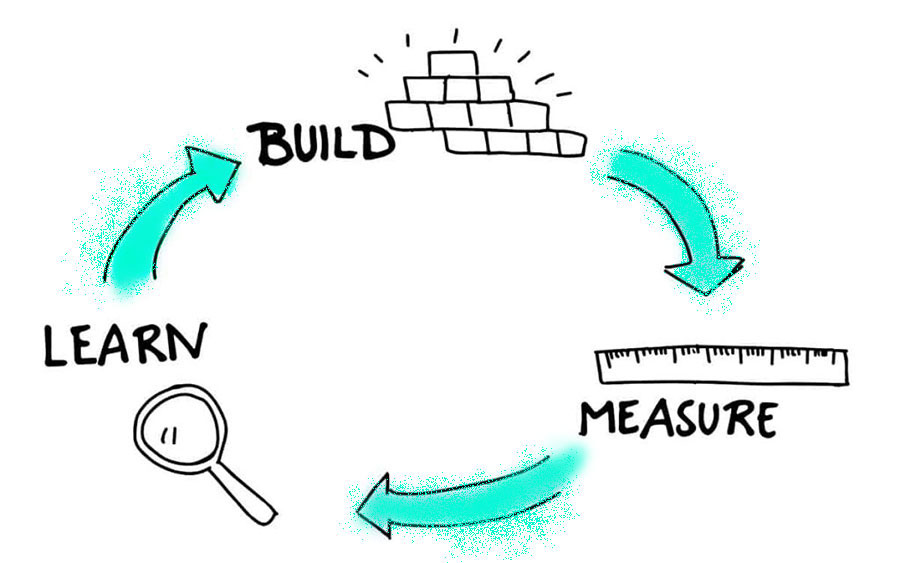Recently, I had the opportunity to share and speak with a couple of hundred leaders in the healthcare space. When I asked if they cared for the people they manage, a high percentage raised their hand. This started a train of thought on the importance of feedback. If we care, do our employees and team members know it?
Here’s the thing – simply caring isn’t enough. Really caring managers often struggle with being direct enough, clear enough, often enough because there isn’t a feedback loop that has been established.
So let’s walk it out….
A team member makes a decision that falls outside of the way you’d prefer to see it done. It could be from a values, clarity or strategy perspective. And it’s small. Small enough to question whether it’s worth addressing. But here’s the thing – these seemingly, micro-moments are multiplied and it’s not about the relatively minor situation.
“It’s about the mindset or paradigm that the team member is operating in or the lens they are looking through.”
But you tell yourself it’s small. And everyone’s busy. And schedules don’t line up. And with that, many kind managers sweep it to the side.
Now and again, this works just fine. After all, every moment isn’t a teaching moment. But the problem is when these little moments start to stack up. One is an outlier, four is concerning. Before you know it, you’re frustrated. What once was a teachable moment has quickly become incompetency. What started as an area that could be shaped is now an unsustainable path.
So how do we as leaders avoid taking this unsustainable path?
MORE FEEDBACK. Why?…
1. Because then your team doesn’t spend useless time and energy guessing what you’re thinking.
People won’t be able to read our frustration with any level of precision and most won’t ask us, “What’s wrong?.” The dance ensues, while trust and confidence is reduced.
2. When people do guess what you’re thinking, it tends to lead to inaccurate and erroneous deductions.
The team member wonders whether you’re just moody or if they’re contributing to the chilly exterior. This is not kind, nor is this good leadership or management.
So instead, see this as an invitation, an opportunity for leadership and growth. Just break it down, and say it…
“This is an area I’d like to see you grow..”
“I’d like to replay today and help strengthen an area of your skills..”
“I noticed, and sense others probably did as well but might not be willing to say, that you seemed cold or distant or unengaged..“
3. Trust is built.
When kind and caring people provide clear and thoughtful feedback, trust is grown and relationships deepen. Over and over and over. Sometimes small and sometimes bigger issues. Trust is built. Better decisions are made. Values are lived out. People are developed.
4. They get better at receiving the feedback.
Instead of hearing a constructive comment every 6 months and painting the feedback over every decision they’ve made of late, they get better at receiving the feedback and can correlate it to a specific situation or area.
Just like anything, the more we practice this, the better and more comfortable everyone will be. We actually need to remind to train ourselves and our team members that, frequent feedback really IS caring and kind. And also that holding back and revealing the historic logbook of “things to address” only once in a blue moon is actually detrimental and unkind.
With this model, feedback loops become part of the normal cadence of management and the truth is, good followers actually want more feedback, and will welcome it when it comes from a good place.
So yes, you’re kind. Yes, you care about your team members. Yes, your preferences and expectations do matter. By providing feedback early and often, you will ensure that your kindness has a place to surface. In turn, you will give your team members an opportunity to grow.




